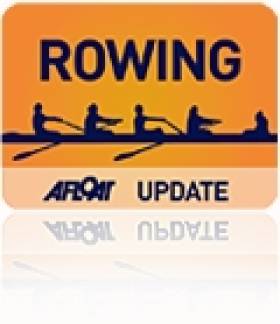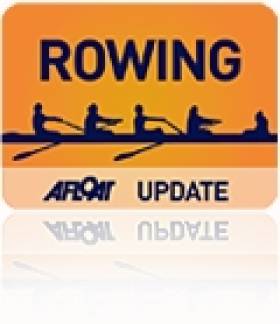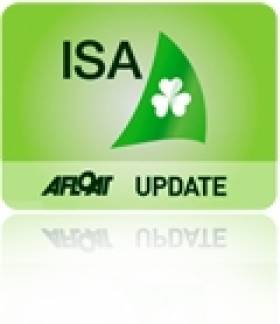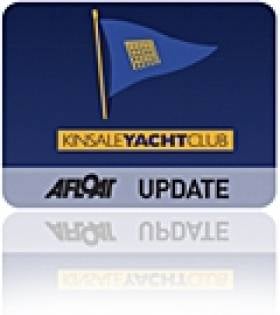Displaying items by tag: EGM
Rowing Ireland Given Seal of Approval for Name Change
#RowingIreland: An extraordinary general meeting of the Irish Amateur Rowing Union has granted permission for the change of name of the body to Rowing Ireland. The meeting, which was concluded quickly, also agreed new measures on the rules on para rowing and on points allocated to intermediate boats at the Irish Rowing Championships.
Rowing Ireland Rule Change EGM Cancelled
# ROWING: Rowing Ireland’s rule-change egm, set for January 12th, has been cancelled. The proposed changes to rules will now come before the agm of Rowing Ireland on March 31st. The decision was made for reasons of efficency and in order to minimise the number of national meetings, according to Frank Coghlan, the Honorary Secretary of Rowing Ireland.
Clubs will now be able to propose changes until a deadline of March 3rd.
EGM to Decide Revised ISA Funding Structure Tomorrow
#IRISH SAILING ASSOCIATION – A good turnout of Sailing Clubs from around the country is expected tomorrow morning in Dun Laoghaire to vote on revised club affiliation fees for funding the Irish Sailing Association (ISA) at a specially convened extraordinary general meeting.
The association proposes to introduce a 'single fee formula' proportionate to a club's membership subscription income. The motion, if passed, will update an existing Joint Membership Scheme (JMS) where every member of a sailing club contributes to the cost of running the ISA.
The proposal aims to implement the changes for 2012 membership fees. The ISA say the changes will not increase the relative JMS income to the ISA.
The ISA takes subscriptions from 73 sailing and powerboat clubs in the country ranging in size from the smallest clubs with only a dozen members to the largest in Dun Laoghaire, the Royal St. George Yacht Club with 1,858 members.
Many Clubs are currently struggling to maintain membership numbers in the current economic times and against difficult odds.
The egm is scheduled for 11am tomorrow at the Royal Marine Hotel in Dun Laoghaire.
More background on this story here.
AIB No Longer Covering Sailing Club Subs for Staff
#SAILING CLUBS - Sailing enthusiasts on AIB's staff have taken a blow to the wallet as the bank is to stop paying club membership fees for employees, the Irish Independent reports.
In an e-mail seen by the paper, AIB head of human resources John Conway said the cuts - which came into effect on 1 January - were the result of a review of benefit structures within the bank, which is dealing with "ongoing problems".
The change brings to an end two benefits-in-kind that had been considered significant attractions for new employees, the other being special lending rates for staff members.
Up till the end of 2011, AIB covered 50% of club membership fees up to €1,250 for rank and file employees, and 100% of fees up to €2,500 for management. Bank of Ireland staff continue to receive similar perks.
The moves comes not long after the Irish Sailing Association's announcement of proposals to revise its sailing club membership fee structure.
As previously reported on Afloat.ie, the ISA will convene an EGM next month to discuss changes to the 'joint membership scheme' in favour of a "single fee formula that is proportionate to a club's membership subscription income".
The Irish Independent has more on the story HERE.
KYC Meets on Clubhouse Situation
Kinsale Yacht Club (KYC) held an information meeting last Tuesday to discuss the situation of its aging clubhouse ahead of a planned EGM later this month.
Structural problems were previously discussed at a club meeting last November, at which a number of options were presented.
These included undertaking a complete refurbishment of the building, and the option of moving the club to a new green field site on the other side of the River Bandon.
Tuesday's meeting at KYC saw presentations from an engineer, an architect, a quantity surveyor and an expert financial advisor based on these options, in order to evaluate the best choice for the club going forward - namely the first option of refurbishing.
The club committee will propose a motion to adopt its recommendation to move ahead with refurbishment plans at the EGM, scheduled for Tuesday 24 May at 8pm.

































































